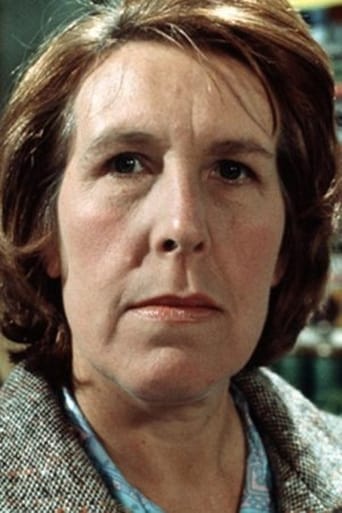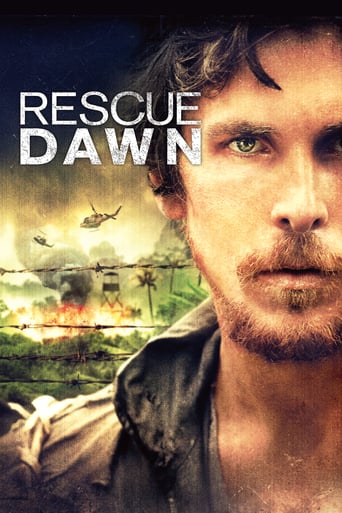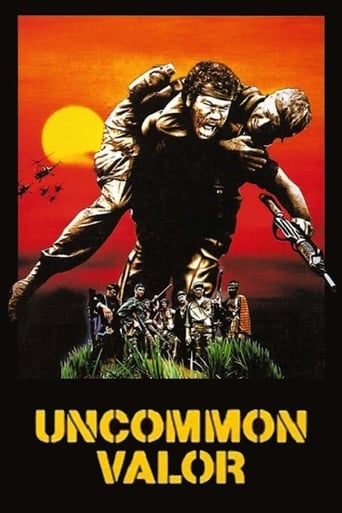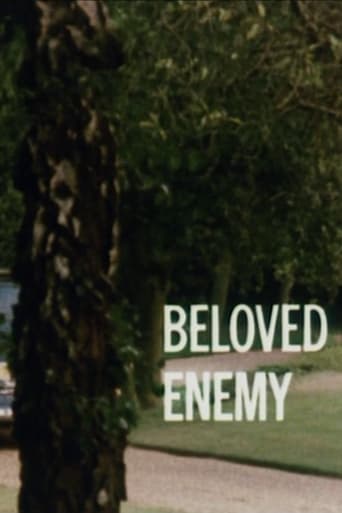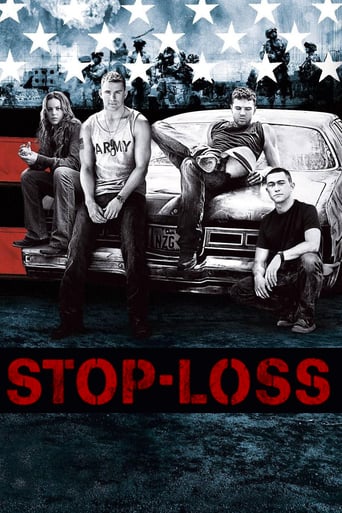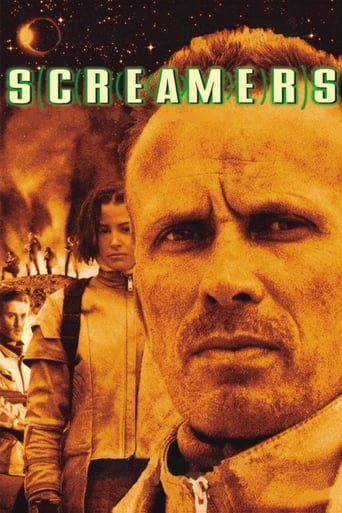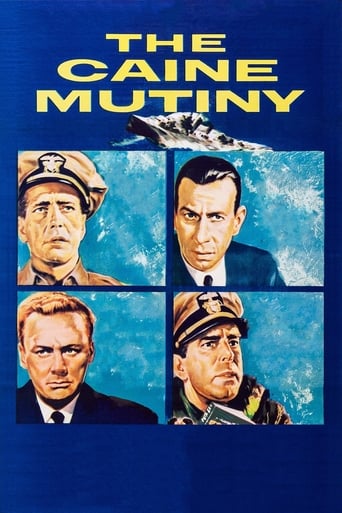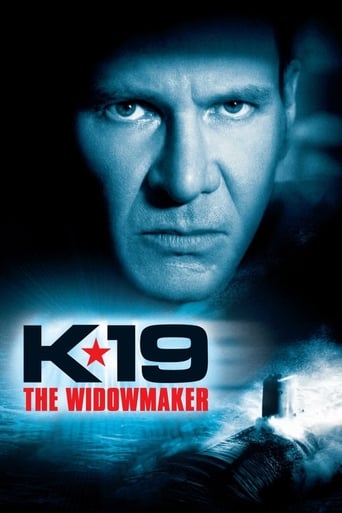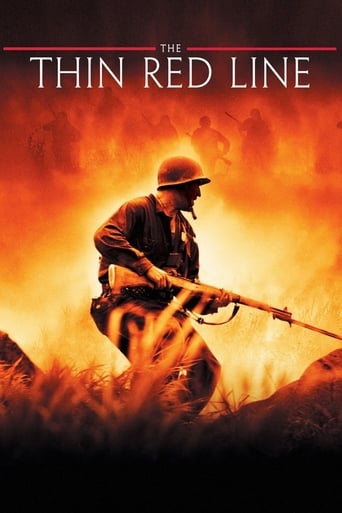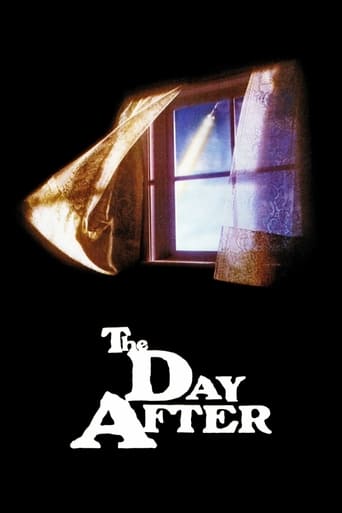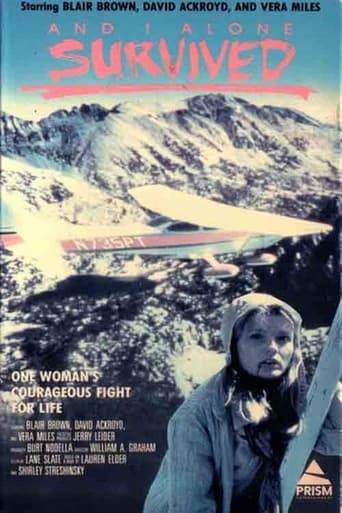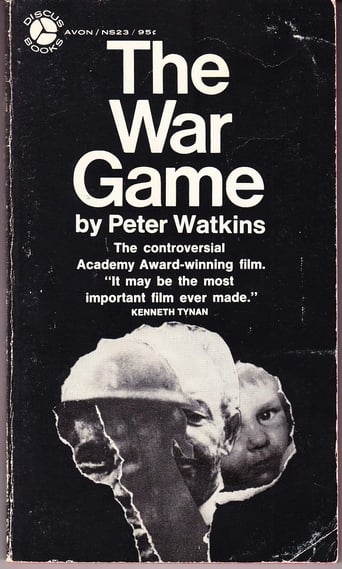
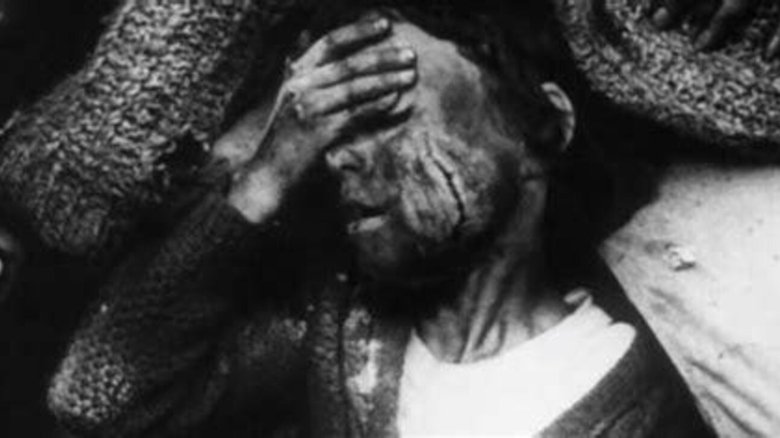
The War Game (1966)
A docudrama depicting a hypothetical nuclear attack on Britain. After backing the film's development, the BBC refused to air it, publicly stating "the effect of the film has been judged by the BBC to be too horrifying for the medium of broadcasting." It debuted in theaters in 1966 and went on to great acclaim, but remained unseen on British television until 1985.
Watch Trailer
Cast


Similar titles
Reviews
The film is interspersed with staged events and archival footage from the Second World War, and seamlessly edited. Rather crude special effects, such as shaking the camera to simulate the winds of a firestorm, are surprisingly effective. Traditional documentary techniques like maps, scrawled epigraphs of information and quotes from civic leaders, recitations of naïve quotes from public figures, man on the street interviews that show the ignorance of average Brits to nuclear war and civil defense (not knowing the effects of Carbon 14- would you or I?), as well as some yahoo and gung ho American military sorts, are very effective, as well, even if a bit over the top re: American enthusiasm for war (but, recall, this was only a few years after Stanley Kubrick's Dr. Strangelove, or How I Learned To Stop Worrying And Love The Bomb was a hit, and showed reckless American militarism at its worst). The narration by Michael Aspel and Peter Graham is also very effective at conveying the faux realism of this horror film's fictive world, in impassive tones, as well as showing how utterly deluded civil defense measures were, then and retrospectively. Given the spate of nuclear Armageddon films made in the 1960s, and up through the early 1980s miniseries The Day After, it's remarkable how such a low budget effort like The War Game retains its effectiveness when almost all other films on the topic seem corny. It's likely that the reason the film retains its punch is the very reason it was banned for nearly two decades. Scenes of British police shooting civilians (rioters, two men who kill a police officer for food, and also shooting civilians to put them out of immediate post-blast misery) were too much for the still pre-Vietnam War era public. Also, the film's 'realism' and unflinching look at the utter inability of the U.K. government to protect its citizens from an attack, much less handle the response of survivors after an attack, was sure to cause waves.When the film was delayed for broadcast, Watkins resigned from the BBC, which was pressured into private screenings for public officials. Many officials denounced the film as anti-British agitprop, until one of the few instances where a critic played a positive role arose. Noted film and drama critic Kenneth Tynan championed the film as possibly the most important film ever made, which spearheaded a letter writing campaign by anti-nuke forces, which forced the film into limited theatrical release on college campuses across Europe and America in 1966.Much of the information about a nuclear strike was cannily accurate for its day, if limited. This was pre-the idea of nuclear winter, so most of the information was taken from reported effects of the two atomic bombings in Hiroshima and Nagasaki, as well as the fire bombings of Tokyo, Dresden, and other Japanese and German cities. The effectiveness of the 'extras' in makeup (some with severe deformity and scarring) is jolting, but made ever more 'realistic' by the film being in black and white. Interestingly, some of the vox populi interviews pull back from the diegetic tale of nuclear horror, to ask real life Britons whether or not the U.K. should retaliate against the USSR in such a scenario, and most unstintingly agree their nation should. This is a nice contrast to some of the intertitle sequences that show often hilariously naïve comments by British officials written out in full. A voice-over intones, near film's end, that by 1980, the chances of such a scenario playing out at least once in the world is very high. That it never did is something to seriously pause over, for, despite the film's accuracy in depicting social and governmental inadequacies in responding to such an attack, as well as its accuracy in claiming over a third of all Britons would die from the attacks or their aftermath, it has to be acknowledged that the film also grossly understates the human will to survive, and whatever role that played at keeping the Cold War nuclear powers at bay for nearly half a century. Still, even though the film is technically a mockumentary, it can be argued as a documentary, also, since it so perfectly captures its era's zeitgeist without severely dating itself. It's really a rare film, in all respects.And, aside from its exposure of Cold War Civil Defense failures, the film also slyly comments on the media of the day, and its failings, especially in its depiction of the classism of that era. One wonders if any documentary done today could as readily capture the true and false beliefs we now have of global warming, Islamic terror, the international financial crisis, etc. Regardless, The War Game is a terrific film, and a great documentary- innovative and deep. I recommend its rediscovery to all who want to know what art and journalism can do, if far too rarely.
I can recall the day when, in the 1970's here in Germany, my classmates and I went down to the cinema cellar of our big school, meanwhile flirting with the giggling girls, cracking jokes, trying to be cool - and watched this dramatized short documentary. Afterwards we were stunned and speechless, and in some of the faces you could read they had had tears during the show, deeply disturbed by the prospect that the pictures just seen could be our "future".As good pedagogics goes, in the following hour we had time to talk with our class teacher about our impressions, thoughts, and fears. I am still grateful for that teacher and his idea to show us this movie, because it was one milestone in me towards a nonviolent world view.After three decades I chanced to see this film again. It is as intense as ever and doesn't fail to show the audience that there won't be any winners of a nuclear war - ever. What bothers me is that nuclear deterrence still exists as a means of "defense". Don't think the menace is over.I strongly recommend this documentary to be seen in as many classes as possible. The movie shows drastically what the nuclear abominations of the Cold War could (and still can) do. Hopefully our children's generation will be able to live without the threat of complete annihilation by a monstrous nuclear arsenal. Films like "The War Game" can change the public opinion and help building a more peaceful world.
It's the end of the world as we know it in this pseudo-documentary about nuclear nightmare coming to fruition in the sixties in a once typically quaint town in Great Britain. Peter Watkins, The War Game is a depressingly grim look at the aftermath of a nuclear attack that clearly favors the dead as the survivors rummage across a bleak lawless landscape starving and suffering. Watkins camera excellently mimics a cinema verite kind of documentary flare that effectively conveys a realistic scenario of chaos and destruction giving the film much of it's immediacy and power. With the exception of Pontecervo's The Battle of Algiers, it is probably the best staged and convincing documentary of the past fifty years.Living in a world of nuclear threat and mutually assured destruction is something we must live with every day. We can either choose to ignore it or take action through petition and protest to prevent it. Dr. Strangelove did a dance of death with it and Fail Safe more soberly destroyed NY City and Moscow. Both avoided detailing the aftermath of the slow death in favor of instant demise. We are not spared that in The War Game which details the after effects and the consequence of such action taken by the world powers that be. Its grim pacifistic message will make any hawk pause. No wonder the BBC didn't air it for twenty years.
I downloaded all 48 minutes of this film from the internet, having been aware of it for years but never having seen it. It hasn't dated, despite being made in grainy black and white over 40 years ago. In some respects, it's even more shocking than Threads (another excellent film on the same subject). The effects were surprisingly good (people being sucked into buildings by the fire storm for example). What was especially poignant for me were the effects of the war on children, being a father.It's a shame that this isn't better known, when many mediocre big budget films are lauded in the 'top 100 film' lists we see so often on UK TV.



